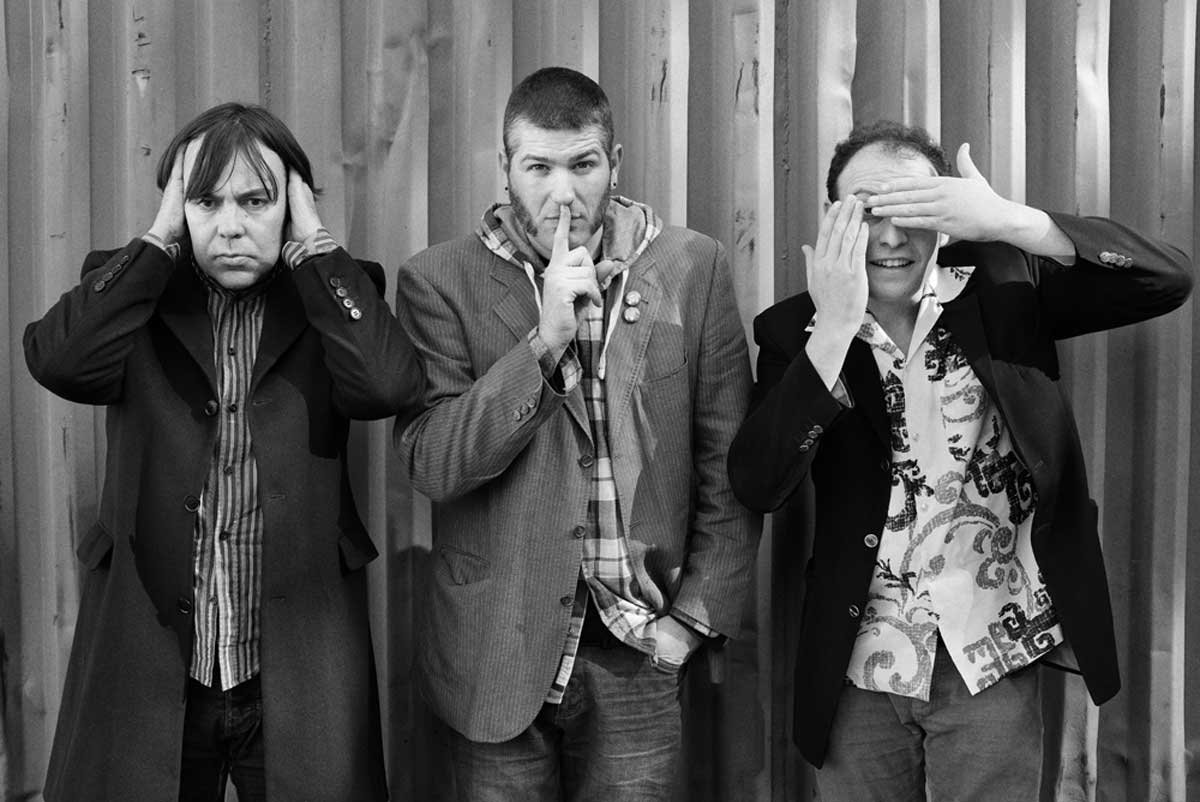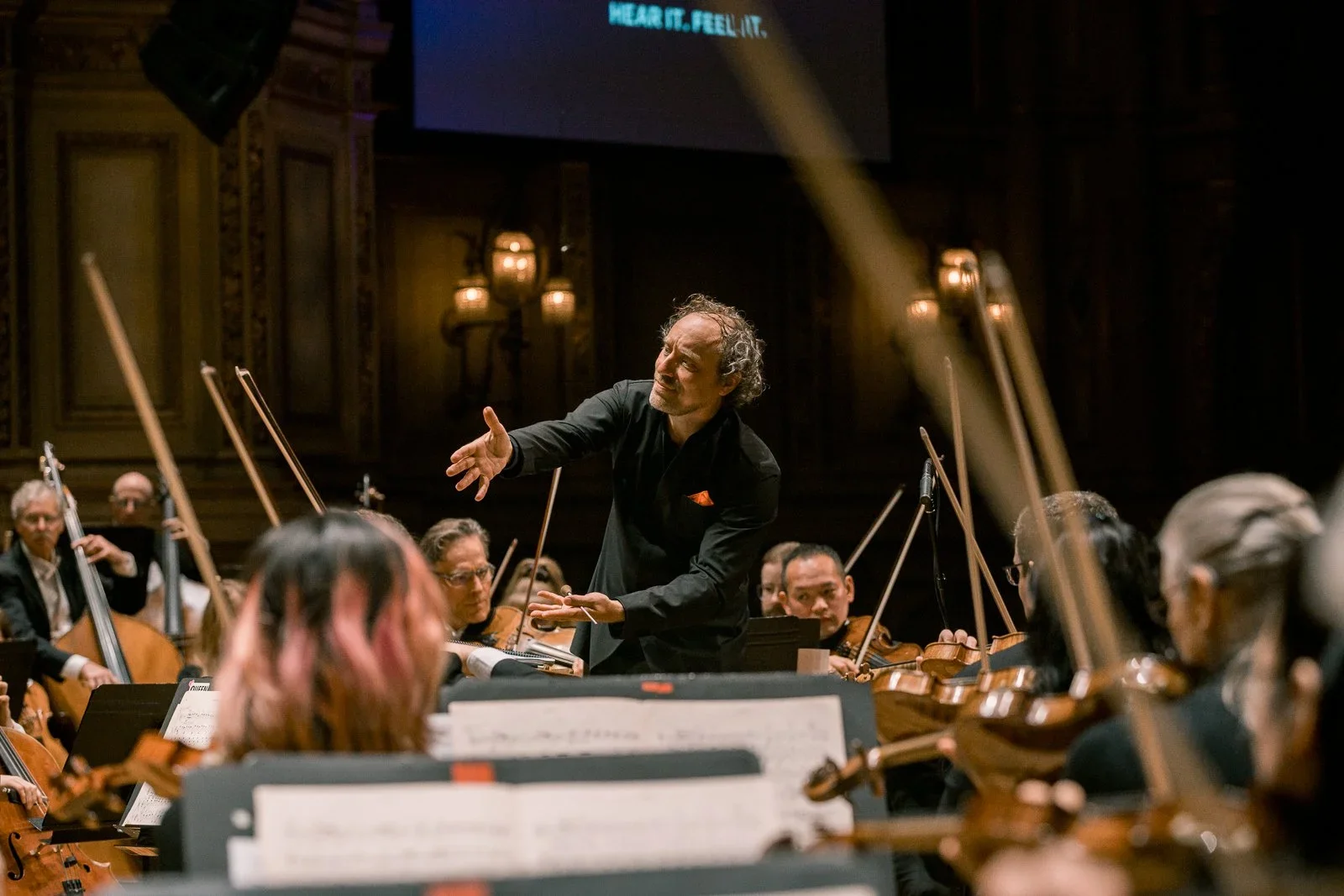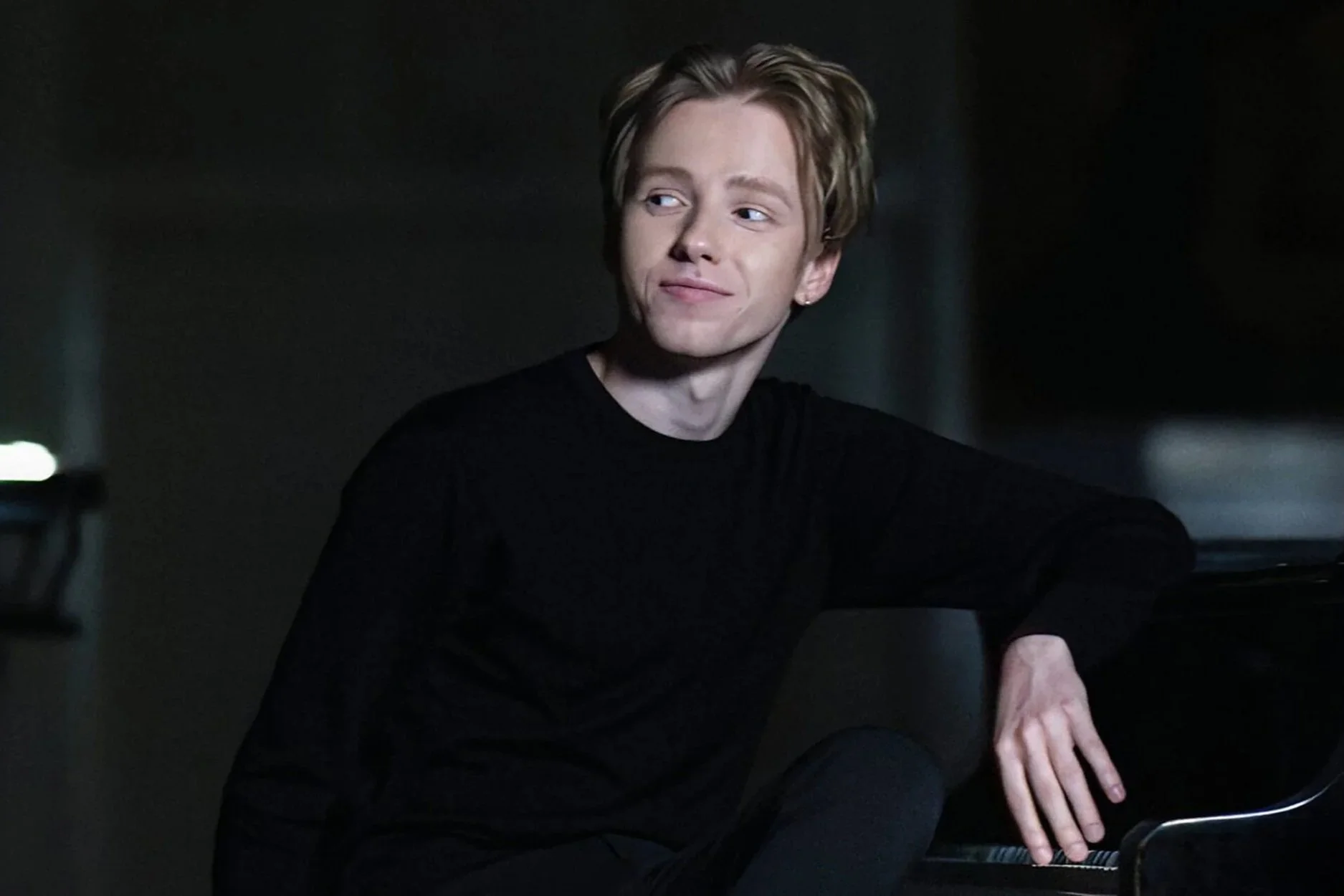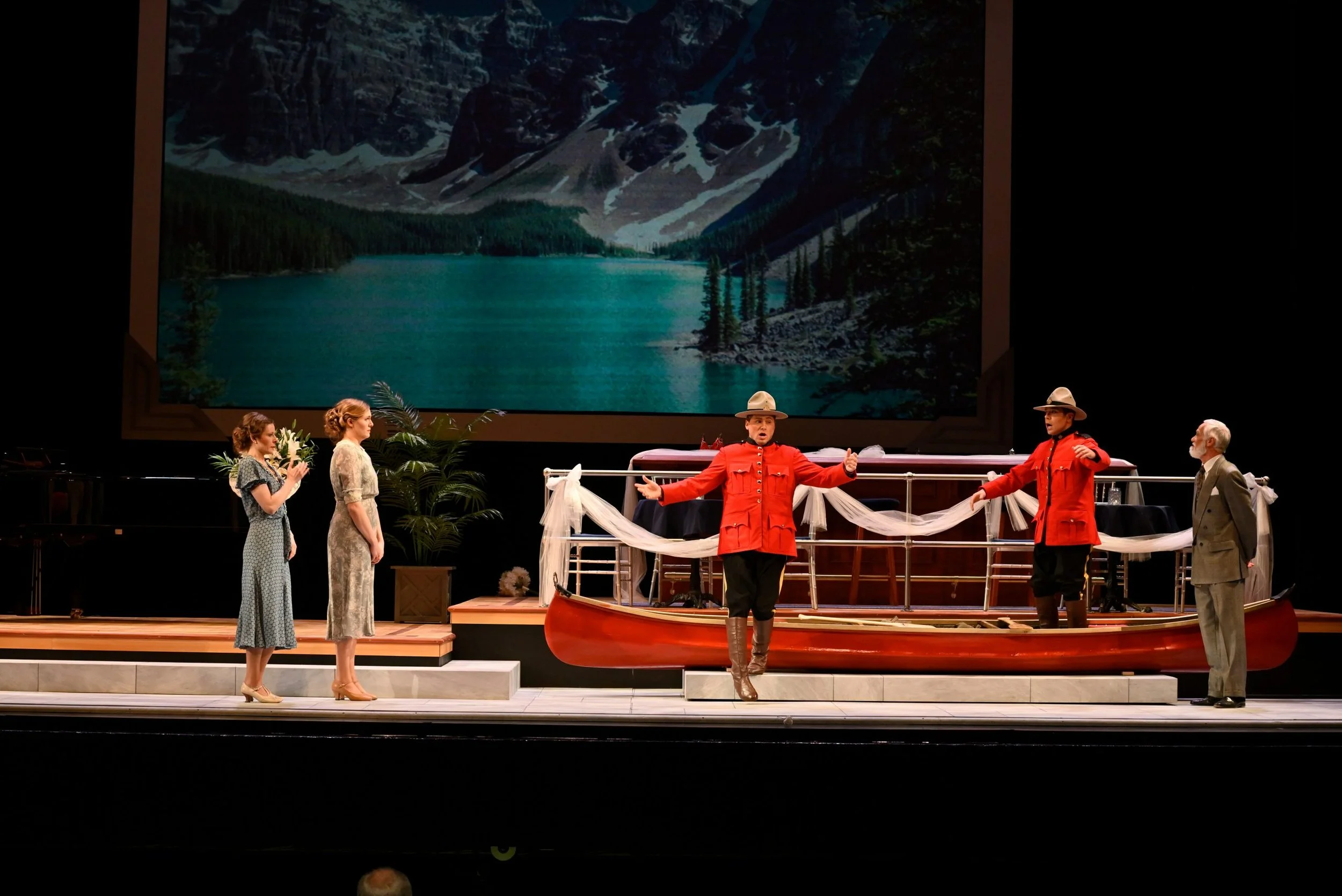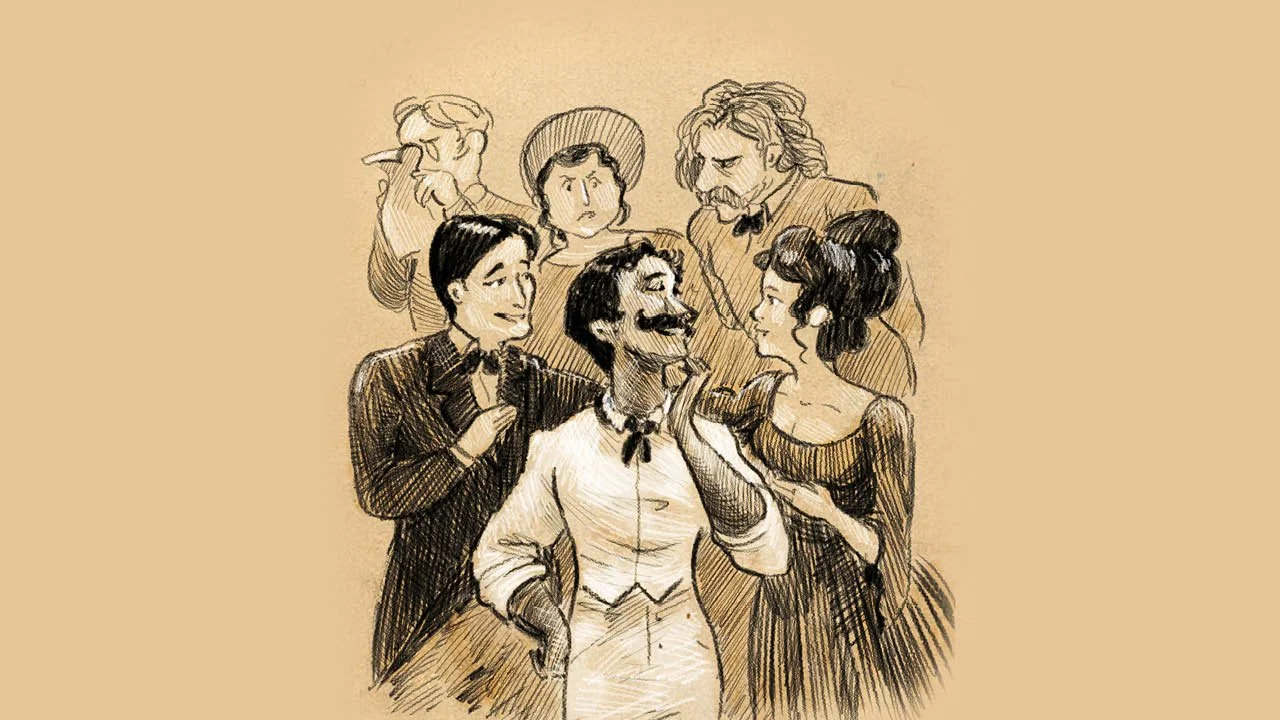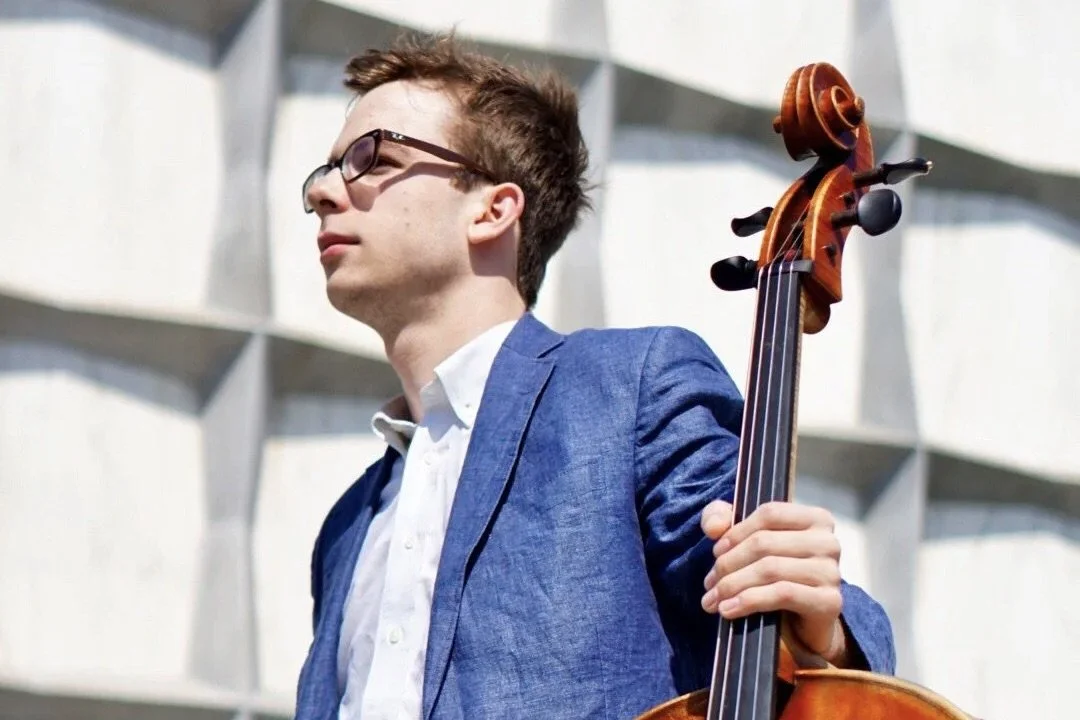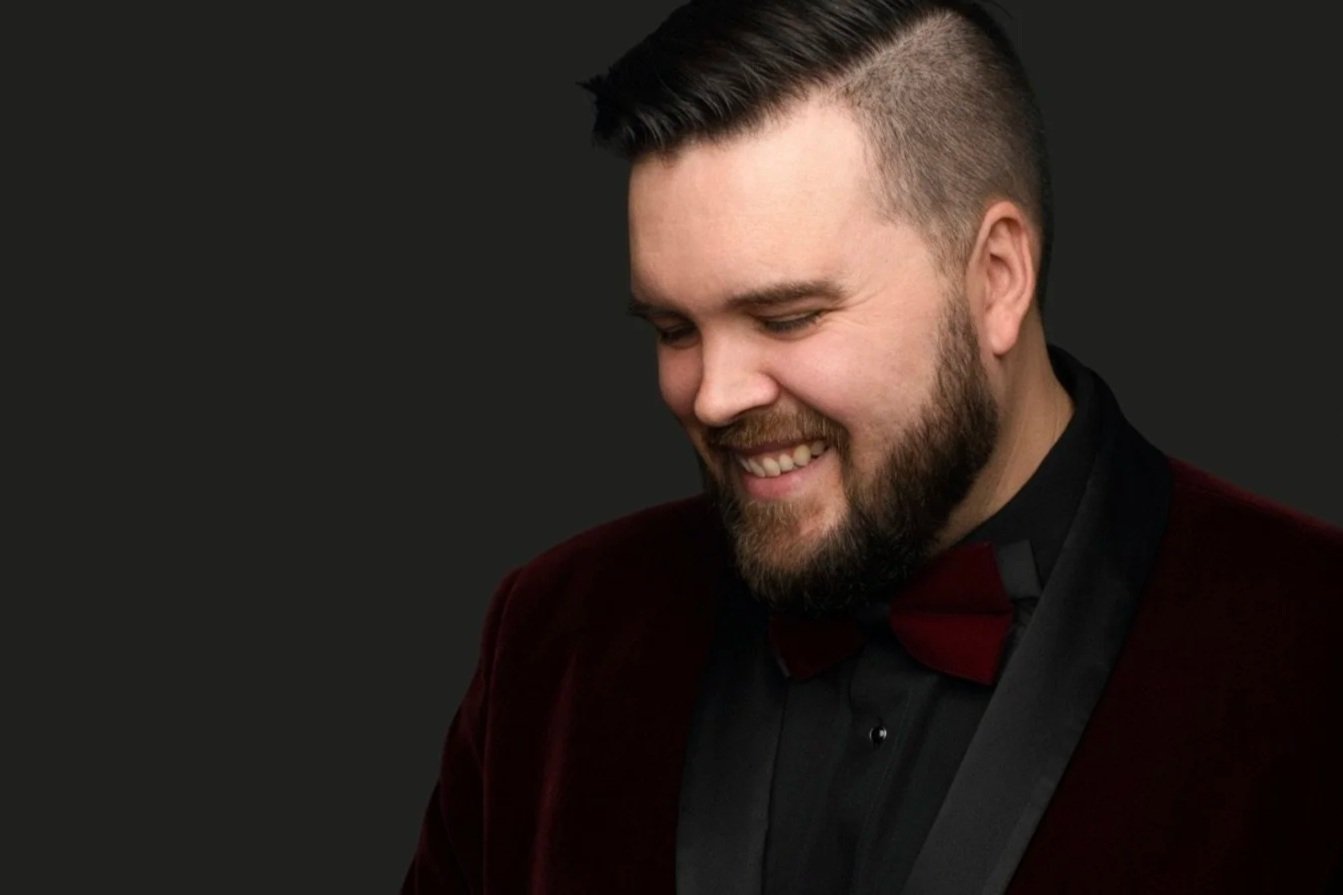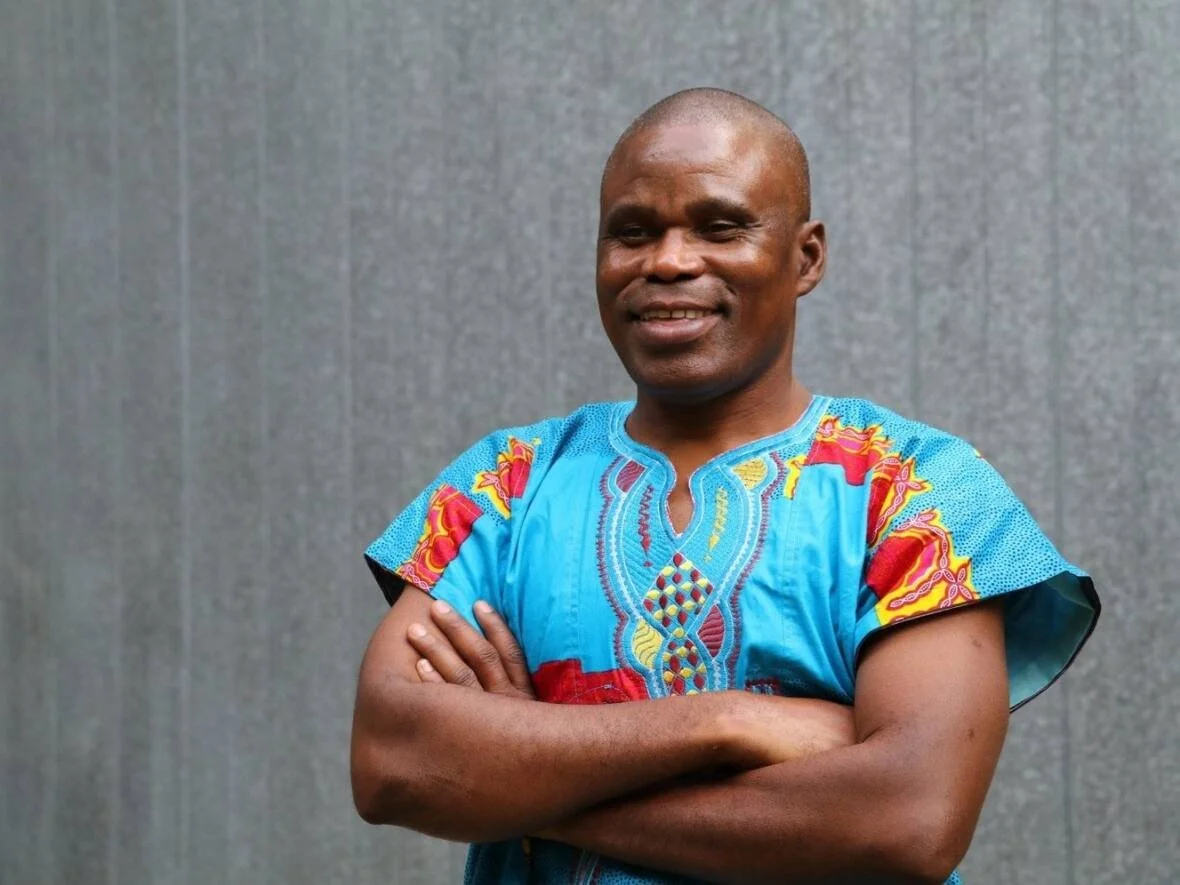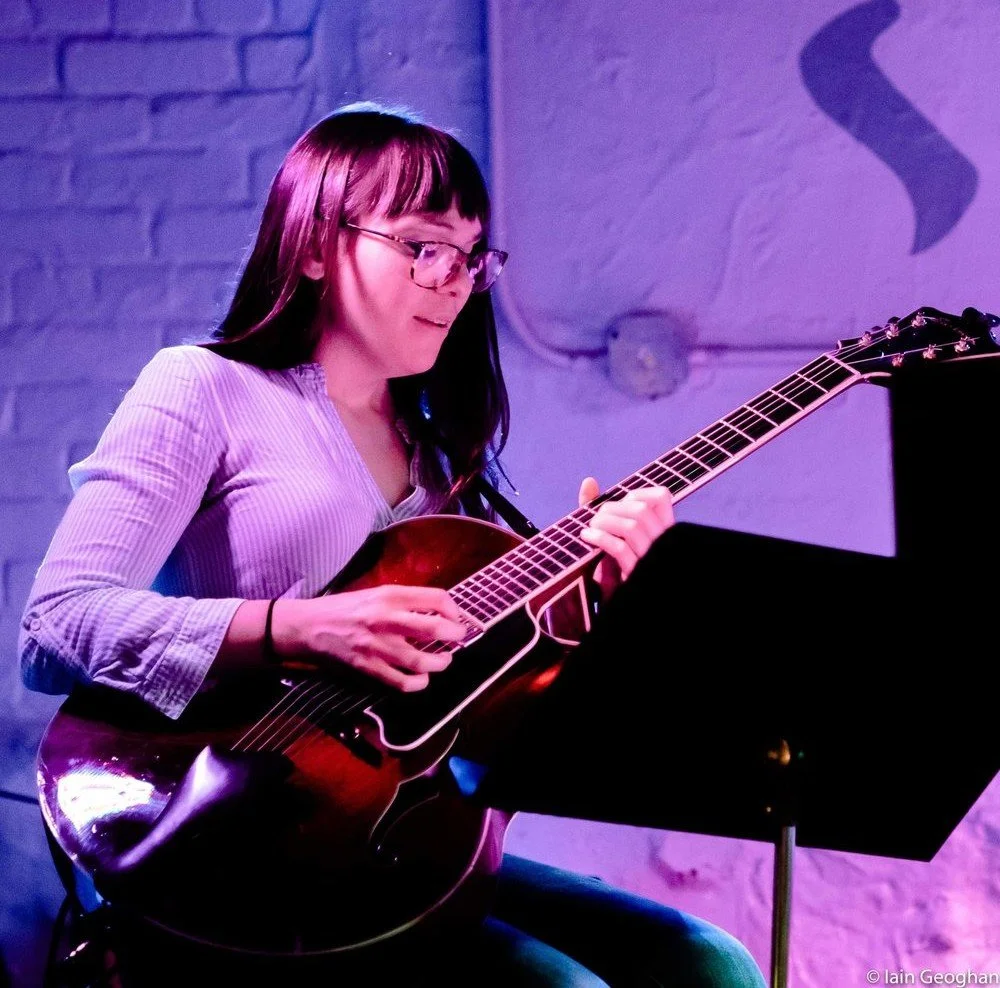Spain's Sumrrá takes piano trio into striking new terrain at Vancouver International Jazz Festival
Galician band’s gifted musicians welcome all influences for a singular sound
Sumrrá
Sumrrá is at the Shadbolt Centre for the Arts on June 27 as part Blueshore at CapU’s North Shore Jazz Series, at the Vancouver International Jazz Festival
THE THREE GIFTED musicians who make up the Spanish jazz trio Sumrrá didn’t decide to become a band: their friends took care of that for them.
“It just began in jam sessions, you know,” the Spanish trio’s propulsive bassist Xacobe Martínez Antelo explains in a Zoom interview from his home in the Galician capital, Santiago de Compostela. “We played in jam sessions, and something special happened every time that the three of us got together. The other musicians would say ‘No no no… let those three do their stuff!’ So we understood from the beginning that that we had something really special. A special bond—but only in terms of music, because we are three very different people!”
That just might be the secret to Sumrrá’s longevity. Antelo, pianist Manolo Gutiérrez, and drummer L.A.R. Legido have been working together for more than 20 years, and it’s obvious from their most recent recording, 7 Visións, that they have yet to tire of each other’s company. It helps, no doubt, that while the piano trio has been a jazz staple since the bebop era, the format receives regular updates, and Antelo is quick to celebrate one of his trio’s chief inspirations.
“I have to say the main influence at the beginning was the Brad Mehldau Trio, with [bassist] Larry Grenadier and [drummer] Jorge Rossy,” he enthuses. “It’s not that we wanted to sound like that, but it really hit our generation in that moment. Every jazz musician, 25 years ago, listened to the Keith Jarrett Trio, the Bill Evans Trio, the Ahmad Jamal Trio, or Wynton Kelly, Oscar Peterson… It’s obvious. But 25 years ago the Brad Mehldau Trio was huge. So this kind of mastery, this kind of amazing sound, this sense of freedom for each instrument… It blew our minds.”
That, coupled with Sumrrá’s readiness to incorporate aspects of rock and hip-hop into its mix, places them in the company of such Vancouver International Jazz Festival favourites as the Bad Plus, Gogo Penguin, and the late Esbjörn Svensson’s band. While all share the basic piano-trio format as well as an aesthetic connection to Mehldau’s work, they also reflect an era in which all kinds of music are available at the push of a button.
There is something that separates Sumrrá from its peers, though—and, surprisingly, it’s not that its members came of age in Galicia, Spain’s northernmost province and a place that, while it has a rich musical heritage, is not exactly at the centre of all things jazz. Thanks to ancient trading and pilgrimage routes, Galician music has more in common with that of Celtic Brittany and Ireland than the Arab-infused sounds of flamenco. It is possible to detect hints of that in Sumrrá’s sound, as with the piano arpeggios in 7 Visións’ “O espazo interior”, which seems to have at least a vestigial relationship to traditional Galician harp music. But Antelo cautions listeners not to read too much into his band’s birthplace.
“Roots music, this music that has these ancient foundations, it’s really something super-organic and inherent in our DNA,” he explains. “But it’s not obvious. I mean, I can hear it in our music, in our sound, in our melodies, in our way of approaching the music… Maybe this sense of epic, or drama, or whatever. But from the very beginning we said to the world ‘We are a jazz trio, period.’ This kind of belonging to a place and always carrying this backpack full of your roots and your scents and your colours… It’s okay but I think our tradition is more like jazz. And rock, of course; the rock from Hendrix to Frank Zappa. This is a main influence on each one of the trio.
“Here in Galicia we have this sea culture: sailors and seafood and all these things,” he adds, laughing. “And there’s a saying here that if you are fishing, everything that comes to the net is fish. I don’t know if this makes any sense, but if we are playing and making music, every influence is welcome. Free performance, rock, traditional music, classical music… It’s been a while since we cared about the genre or the labels of the music. For us it’s all about freedom. This is our main interest.”
Antelo, Gutiérrez, and Legido are willing to place some constraints on their freedom, however, and most of those are conceptual. After a self-imposed break from recording following the 2009 release of their fourth full-length, 4.0, the three were looking for a way to renew their partnership, and hit on the idea of making themed discs.
“In that period, we kind of felt nostalgic and took a look back and said ‘Wow. It’s been 10 years, 12 years that we’ve been playing together. We’ve toured in America, in Asia, in Africa.’ So we did this fifth album, 5 Journeys, where the music was inspired by the cities where we’d been played,” Antelo says. “And this concept came incredibly fast: to tell stories from those cities and then play the music so that people could imagine what it was like to be in that city. It was very powerful.
“We decided that this formula was right for us, and it was in that moment we felt like three men could make a statement in terms of feminism,” he continues. “We decided ‘Why don’t we take six feminist references, six women from all around the globe and from different ages, study their lives, and make one piece of music for each of them?’ So we did it.”
The strong and striking results can be heard on 6 Mulleres, which pays tribute to the artist and revolutionary Frida Kahlo, the iconic Galician poet Rosalia de Castro, and the civil-rights icon Rosa Parks, among others. And now the band has its turned its focus to the larger universe, quite literally, with 7 Visións, featuring track titles such as “Periferia Universal”, “As forzas gravitatorias”, and “13,700 millóns de anos despois”, which references the number of years that have elapsed since the Big Bang. The music is evocative and, yes, suitably epic.
“The best of all this is that we got to do all this research while being musicians,” Antelo relates. “We are not scientists! I mean, there’s no rocket that could crash! It’s just music, so what is the worst thing that could happen? So we really, really, really enjoyed this process.
“For us—and for the audience, too—it’s a way to understand these concepts,” the bassist continues. “For the childish mind, it has to be done with magic… with things that you can feel but you can’t explain. So, yeah, we are serious about this. It’s serious playing!”


